According to the latest Datareportal January 2022 global overview, 58.4% of the world uses social media, that’s 4.62 billion people around the world.
They estimate that the average daily time spent using social media is 2 hours and 27 minutes. Among the top 6 most widely used social platforms, they include Facebook, Youtube, Whatsapp, Instagram, WeChat and TikTok.
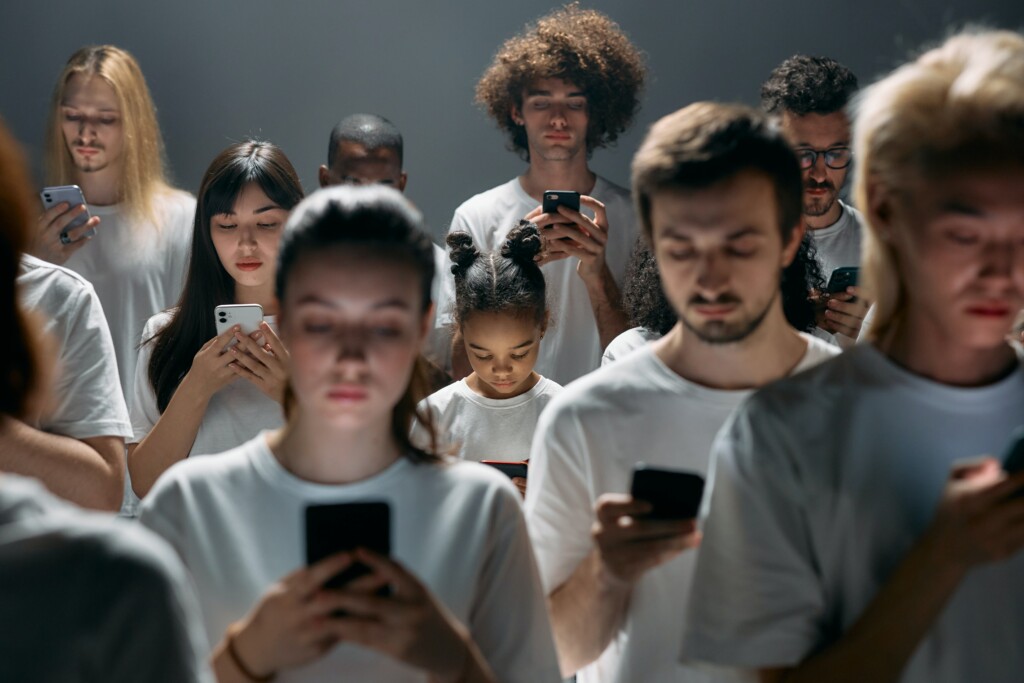
We as humans are social creatures which brings no surprise to the rise in popularity of social media. We want to communicate and connect with family and friends around the world. By using social media platforms, we can also make new friends, stay in touch with communities, network with people, and contribute to worthwhile causes. With all of the benefits that technology brings, social media also has a dark side.
Social media has been found to negatively affect users by exposing them to:
- Cyber bullying
- Peer pressure
- Lack of privacy
- FOMO. The fear of missing out
- Imposing unrealistic views of other people’s lives onto themselves
- An increase in attention seeking
- Distractions from life goals
- Creates vulnerability in relationships
- Creates vulnerability to professional reputation
- Creates vulnerability to online predators
- Exposure to uncensored or explicit content
People who have been exposed to these effects may develop depression, anxiety, eating disorders, post-traumatic stress disorder, obsessive compulsive disorder, or have suicidal thoughts resulting from unhappiness.

But why is social media so addictive?
The answer is dopamine. Each time you receive a notification, your brain releases a small amount of dopamine. Just like any other addiction, the release of this chemical in your brain will have you feeling good and coming back for more.
Dopamine is a chemical produced by the brain. It gets released each time we feel rewarded or pleasure. This includes eating delicious food, doing exercise, consuming drugs and now social media.
Healthy social media practices
With all the benefits of using social media, creating habits that enable you to manage social media in a health way, can create a more positive long-term experience.
Here are some tips on how to manage your social media usage:
- Avoid starting your day with social media. Instead of instantly reaching for your phone, try meditation or journalling. This will likely lead to a more productive day.
- Limit the time you spend scrolling. Ever opened up a social app and suddenly it’s 2 hours later? Become more aware of how you use social media and if it contributes to your productivity levels.
- Focus on real life. Avoid comparing yourself to others. Online it’s easy for people to post only the good times they experience. We don’t see the struggles that each person goes through. Being mindful that social media is not reality. Try focusing on being completely present on your next outing or adventure.
- Turn off notifications. Constant notifications can become a distraction. By only checking on your social platforms at certain times, you avoid becoming unproductive.
- Take breaks. If you begin to notice that you’re starting to feel more anxious or depressed, you may want to take a break from social media for a few days.
- Avoid bedtime scrolling. Spending time on your phone before bedtime can distract you from naturally starting to fall asleep and cause you to lose track of time. Getting a good amount of rest can aid you in performing at your best during the day. You could also become an insomniac with late night scrolling and changing your natural circadian rhythm.
- Think twice before you follow. What we choose to expose ourselves to can affect how we think about ourselves and the world around us. Be selective on who you follow. Each person’s feed looks different and you are in control of who and what you expose yourself to.
- Only post when you have something valuable or meaningful to share. There will always be pressure to constantly post and share. These platforms are created to keep the user online for as long as possible but we ultimately live in the real world and need to ensure we know how to balance our time and attention.
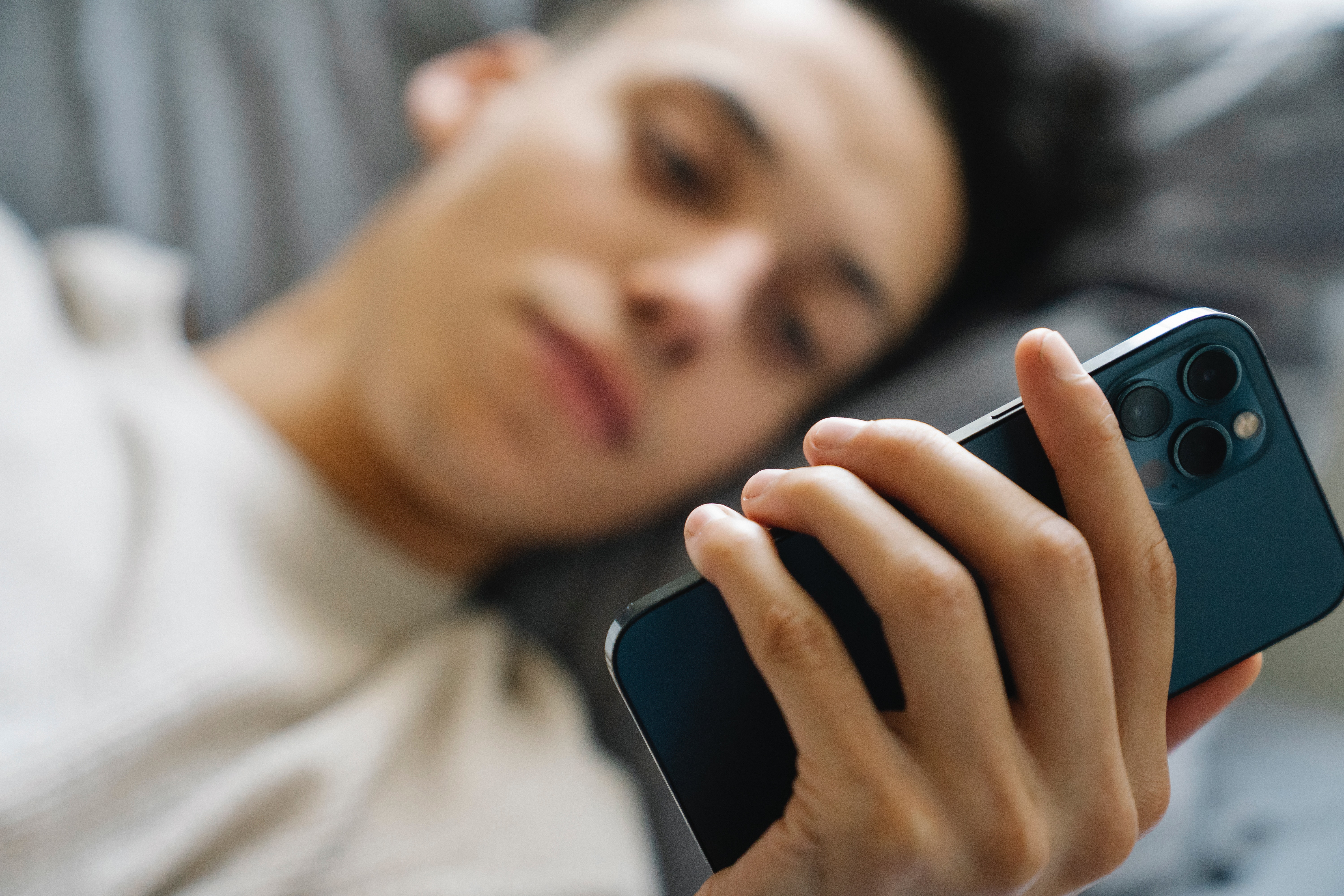
What to do when it’s out of control?
If you start to experience the negative effects on your mental health due to social media, seek a professional to help you through it. It might be short-term challenge that you’re going through or you are at the point where it’s out of control. Speaking to a therapist can benefit you by exploring what exactly has lead you to reach this point. There may be an underlying cause that has lead you to your addiction. Your mental health is important and putting yourself first can help you achieve a more satisfying and happier life for yourself and those around you.


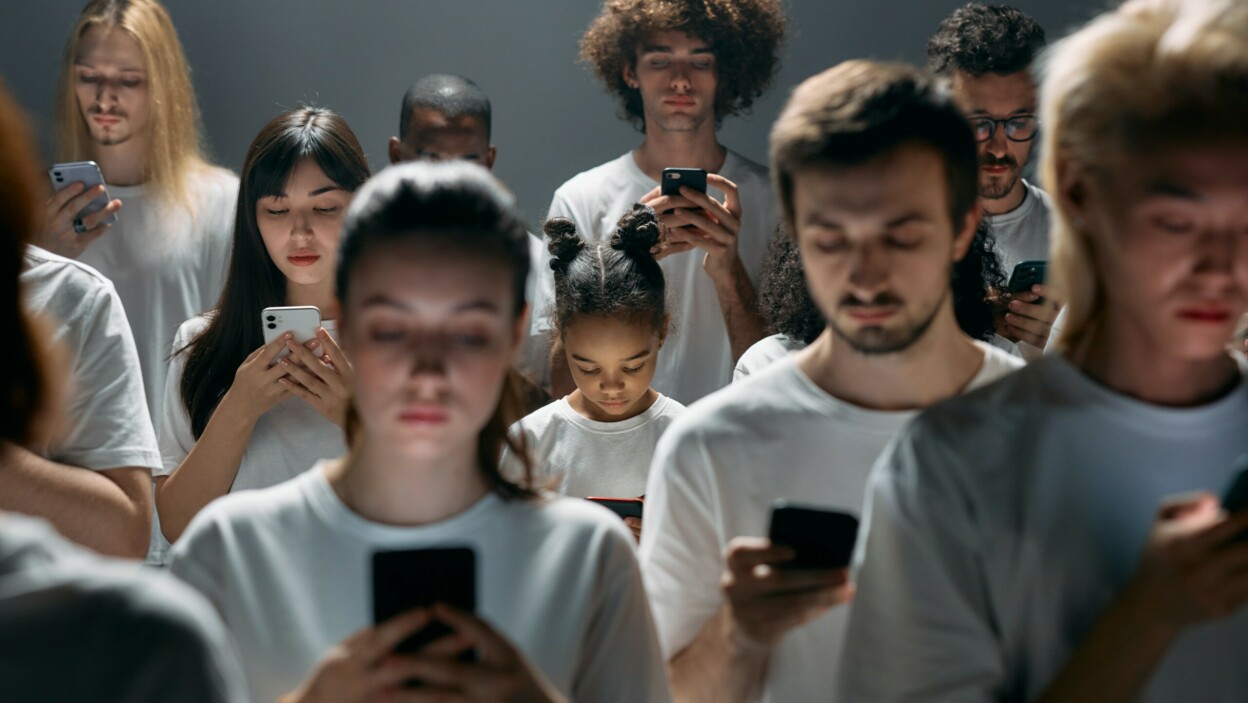
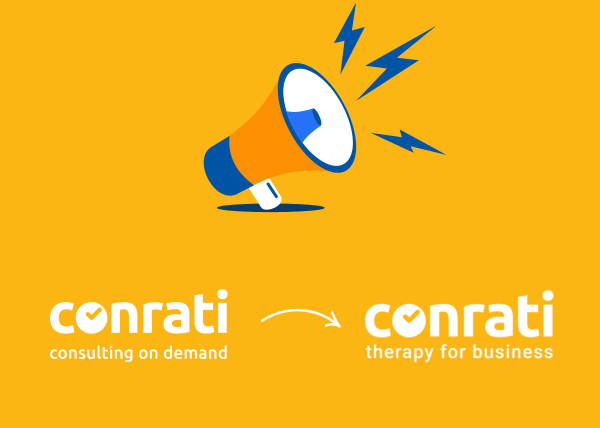


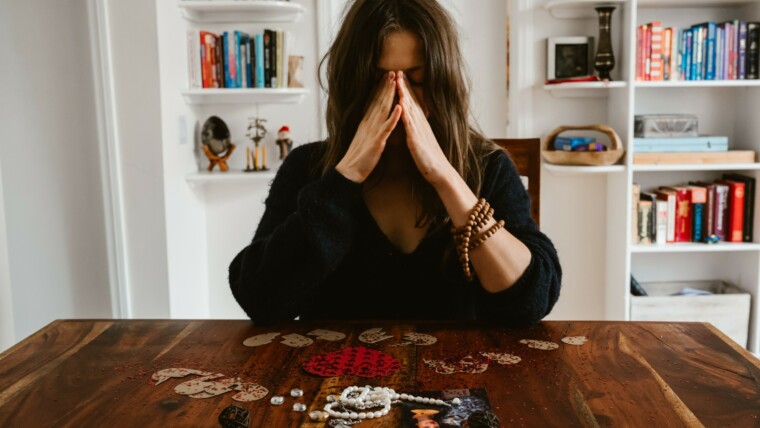

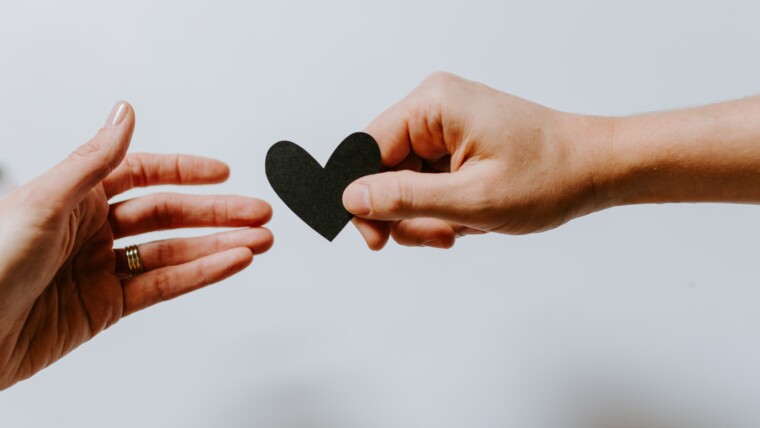
3 Replies to How social media affects mental health
Why your child should have a tutor
Conrati nominated as a Top Environmental Consulting Company by Futurology
Self-Love and Self-Care: Cultivating a Mindful and Balanced Life
What happens during each stage of grief?
How to boost 8 different forms of health
Conrati nominated as a Top Environmental Consulting Company by Futurology
How social media affects mental health
Understanding Bipolar Disorder